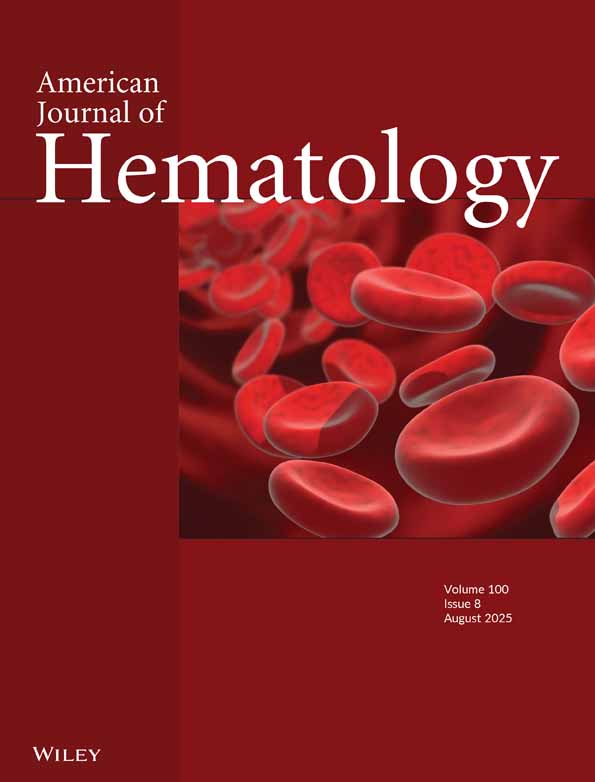Folate sufficient subjects do not accumulate additional folates during supplementation
Abstract
In a double-blinded placebo-controlled trial of folic acid supplementation in 82 alcoholic subjects, it was found that whole blood folate levels, determined by a mass spectrometric method, do not increase in subjects whose baseline folate levels are above the third quartile (folate sufficiency). Since a state of folate sufficiency can now be identified, a recommended daily allowance (RDA) for folate can be determined using objective means. Am. J. Hematol. 64:71–72, 2000. © 2000 Wiley-Liss, Inc.




